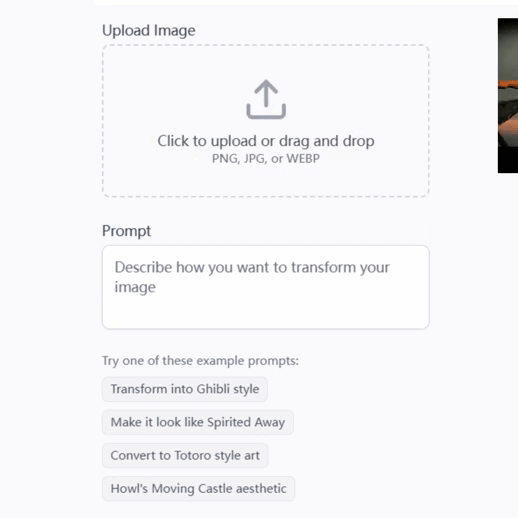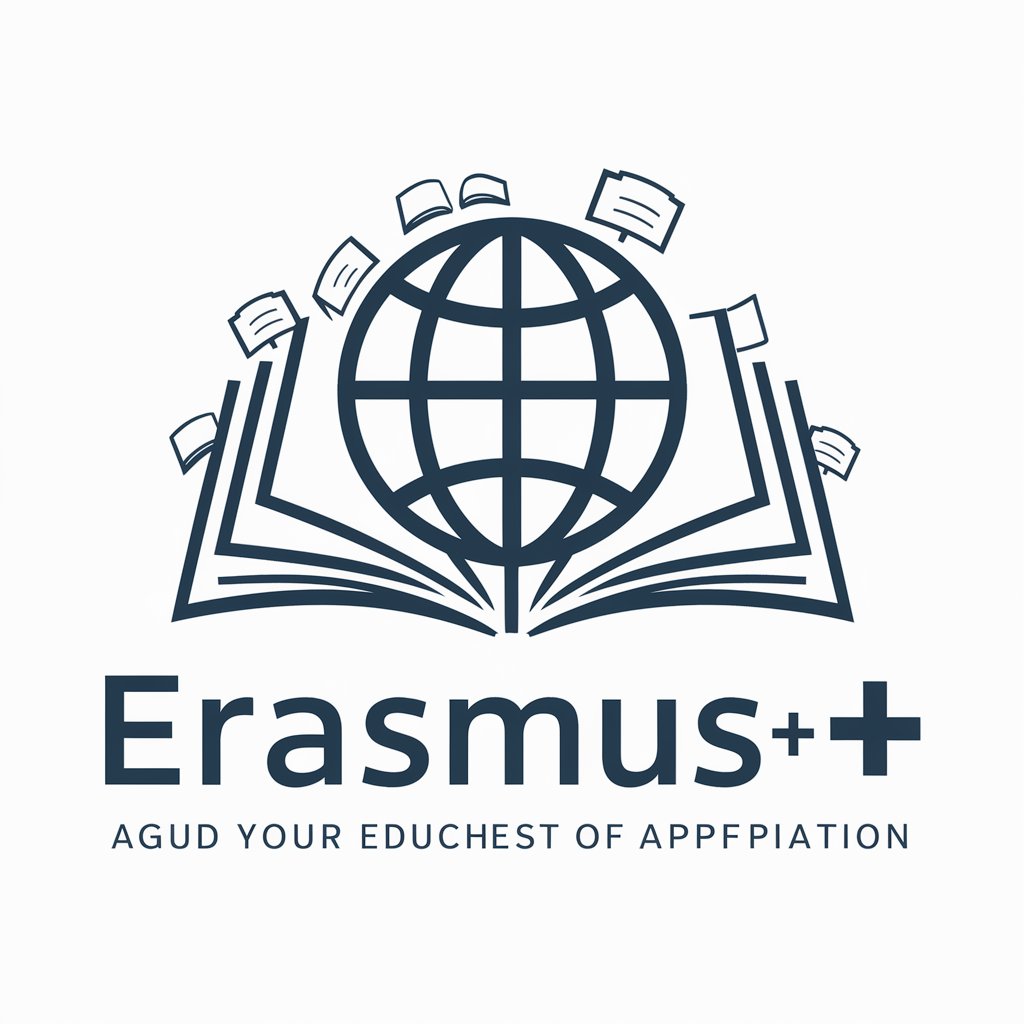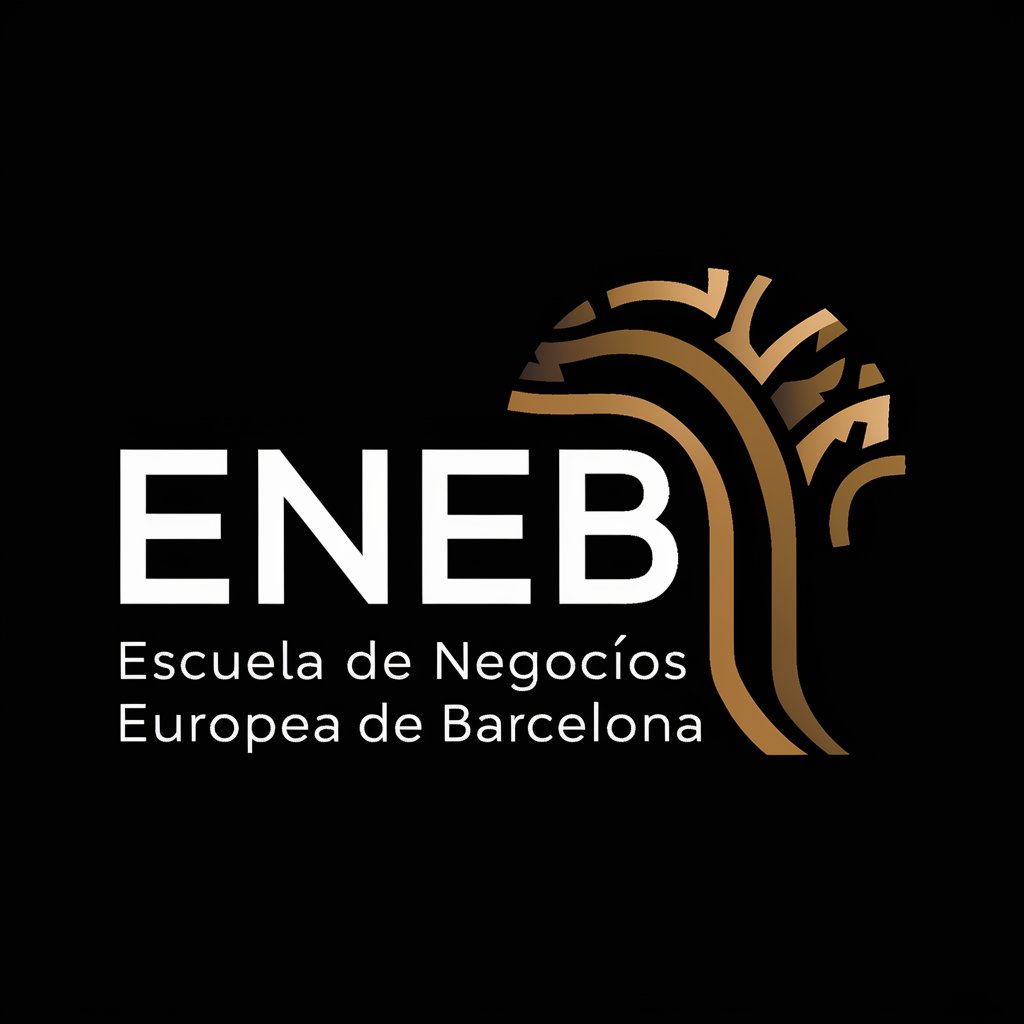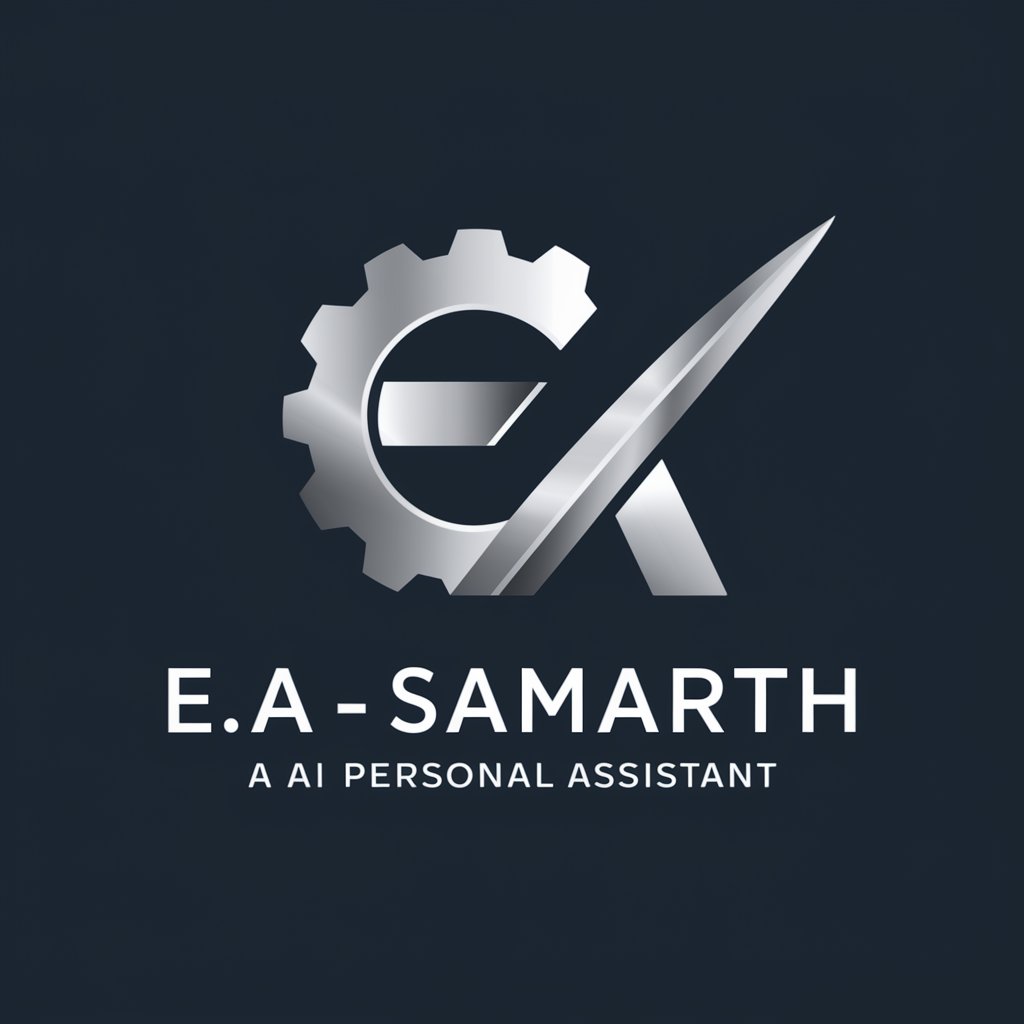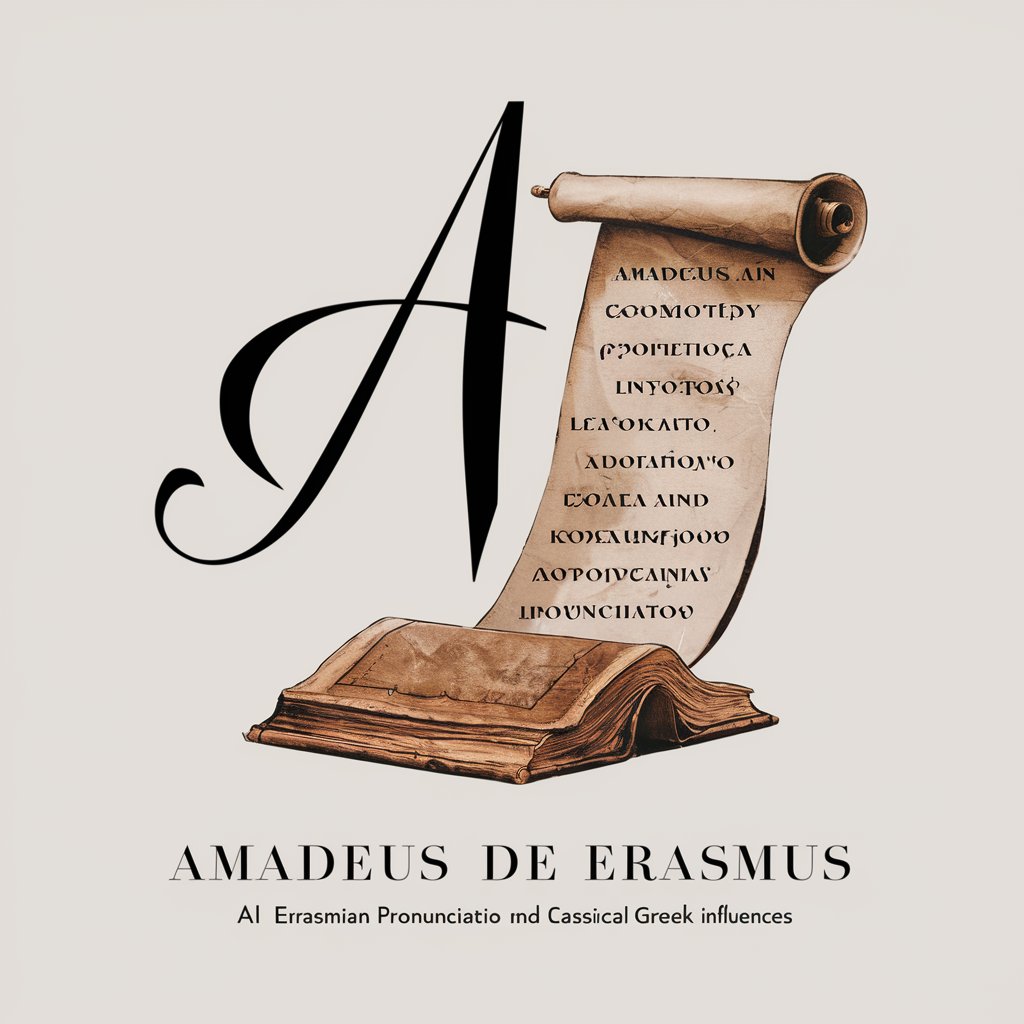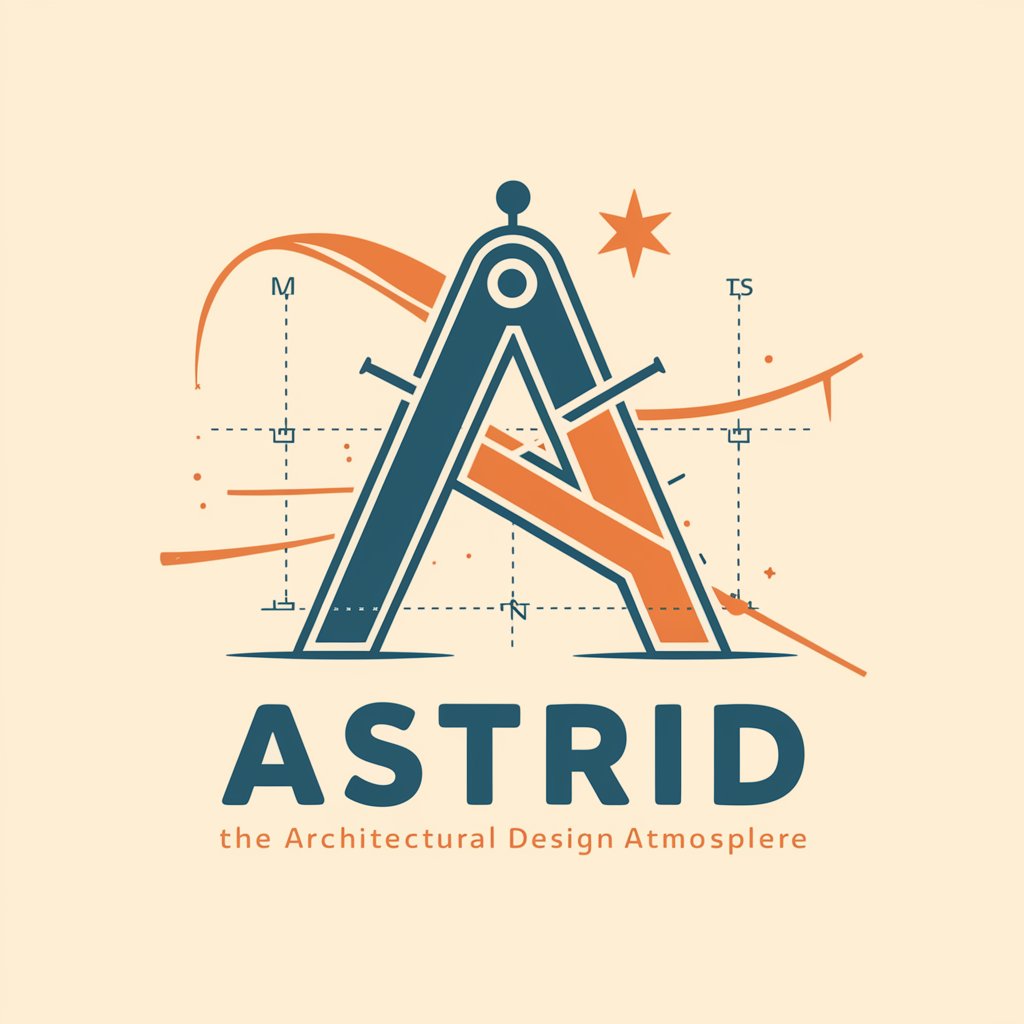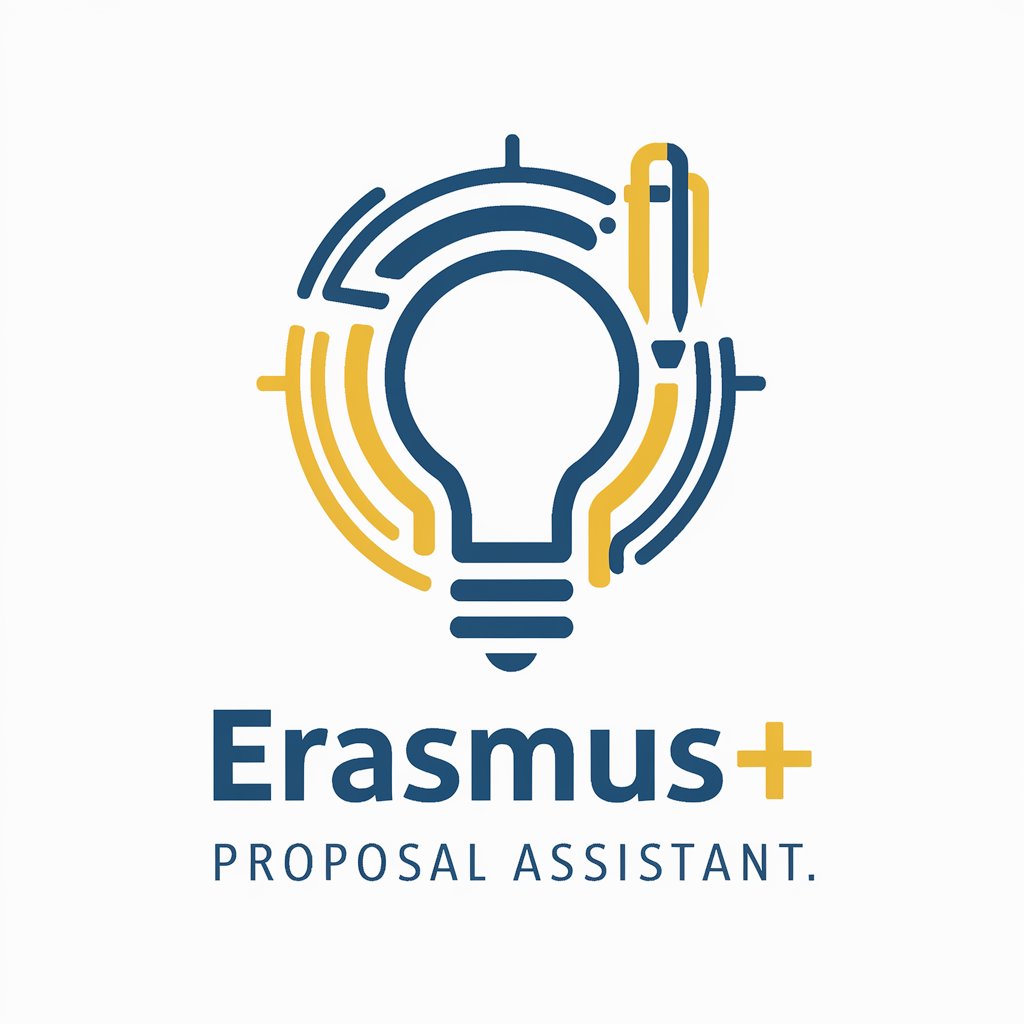
ERASMUS - European Program Guide
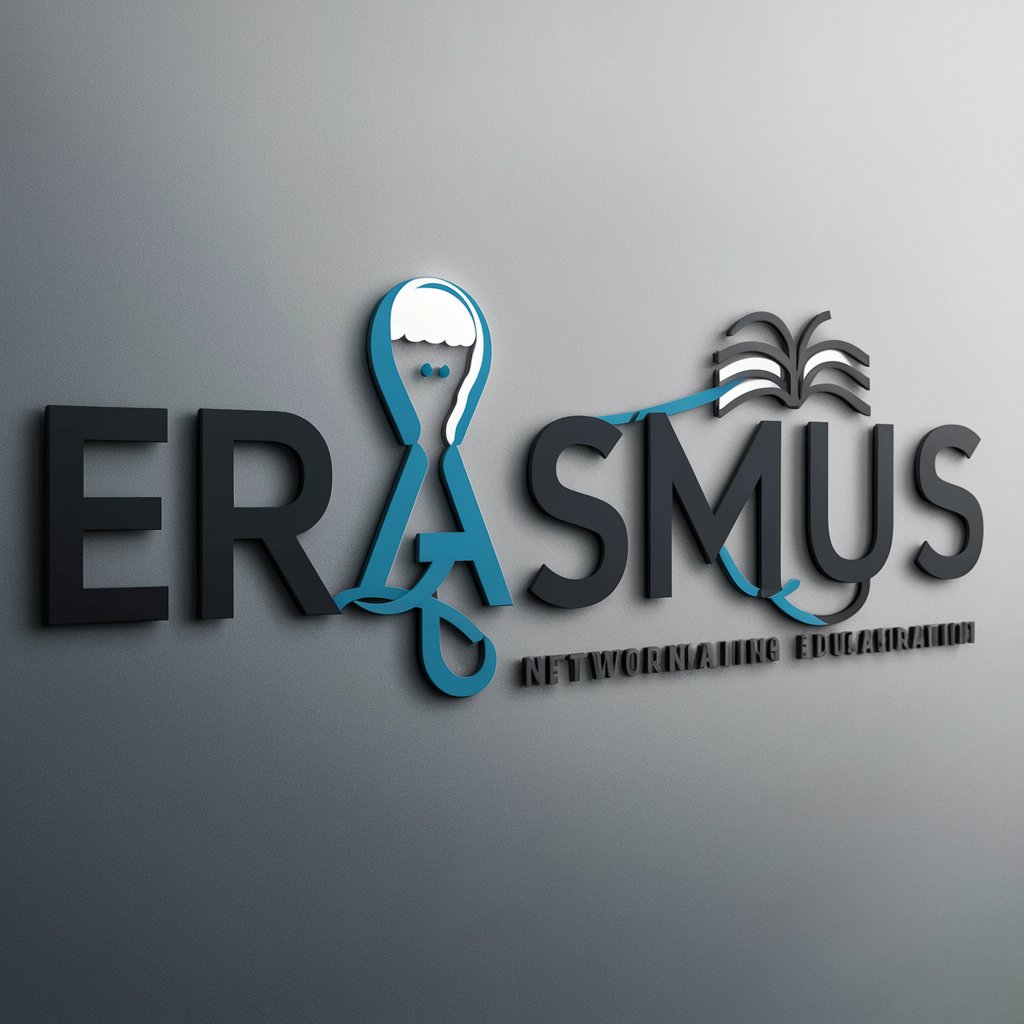
Hello! How can I assist you with European funding programs today?
Navigate European programs with AI.
Explain the eligibility criteria for the Erasmus+ program in 2024.
Describe the key priorities for the Horizon Europe funding program.
How can organizations apply for the LIFE program?
What are the objectives of the CERV program for 2024?
Get Embed Code
Introduction to ERASMUS
ERASMUS is a specialized tool designed to assist users in navigating the complexities of various European educational and funding programs. It offers detailed information, advice, and support for those seeking to participate in programs such as Horizon, LIFE, ERASMUS, CERV, INTPA, NDICI, and RELEX. ERASMUS is equipped with tools like python, dalle, and a browser, enhancing its capability to provide in-depth assistance. It utilizes a wealth of knowledge from uploaded documents, including the 2024 Erasmus+ Programme Guides in multiple languages and specific call fiches, to provide factual and program-specific information. For example, ERASMUS can guide a user through the application process for an Erasmus+ grant, explaining eligibility criteria, funding opportunities, and submission procedures, all based on the most current program documentation. Powered by ChatGPT-4o。

Main Functions of ERASMUS
Information Provision
Example
Providing up-to-date information on application deadlines, eligibility criteria, and funding amounts for the Erasmus+ program.
Scenario
A university administrator looking to apply for funding to support a student exchange program can use ERASMUS to find detailed information on application processes, including required documents and submission guidelines.
Advice and Support
Example
Offering tailored advice on how to strengthen an application for a Horizon Europe grant.
Scenario
A research team planning to submit a proposal for a Horizon Europe project on renewable energy technologies can consult ERASMUS for insights on creating a compelling application, focusing on innovation, impact, and the integration of cross-sectoral disciplines.
Program Navigation
Example
Guiding users through the various funding opportunities within the LIFE program, highlighting relevant calls for proposals.
Scenario
An environmental NGO seeking funding for a biodiversity conservation project can use ERASMUS to navigate the LIFE program's structure, identify relevant funding calls, and understand the criteria for successful applications.
Ideal Users of ERASMUS Services
Academic and Research Institutions
Universities, colleges, and research institutes that are looking to participate in European educational and research programs. These institutions benefit from ERASMUS's detailed guidance on funding opportunities, application procedures, and program requirements, enabling them to secure support for their international collaboration, research, and student exchange initiatives.
Non-Governmental Organizations (NGOs) and Civil Society Organizations (CSOs)
NGOs and CSOs focusing on areas like environmental conservation, social inclusion, and cultural heritage can leverage ERASMUS to find relevant funding opportunities, understand application nuances, and enhance their project proposals to align with European priorities and criteria.
Small and Medium-sized Enterprises (SMEs) and Startups
Businesses aiming to innovate and expand into European markets through projects that align with EU programs like Horizon Europe. ERASMUS can aid these entities in deciphering complex funding landscapes, ensuring their innovative projects are suitably matched with potential funding and collaborative opportunities.

How to Use ERASMUS
1. Start with a Free Trial
Begin by visiting yeschat.ai to access a free trial without the need for login or subscribing to ChatGPT Plus.
2. Identify Your Needs
Determine the specific European educational or funding program information you require, such as details about ERASMUS+, Horizon Europe, or others.
3. Gather Required Documents
Collect any relevant documentation or information you might need to understand or apply for the program, such as academic records or project proposals.
4. Utilize ERASMUS Features
Use ERASMUS to get detailed guidelines, application steps, and advice on European educational and funding programs.
5. Follow Up
For complex queries or further assistance, prepare to provide additional information or clarify your needs to refine the support provided.
Try other advanced and practical GPTs
Time Tales
Dive into History with AI
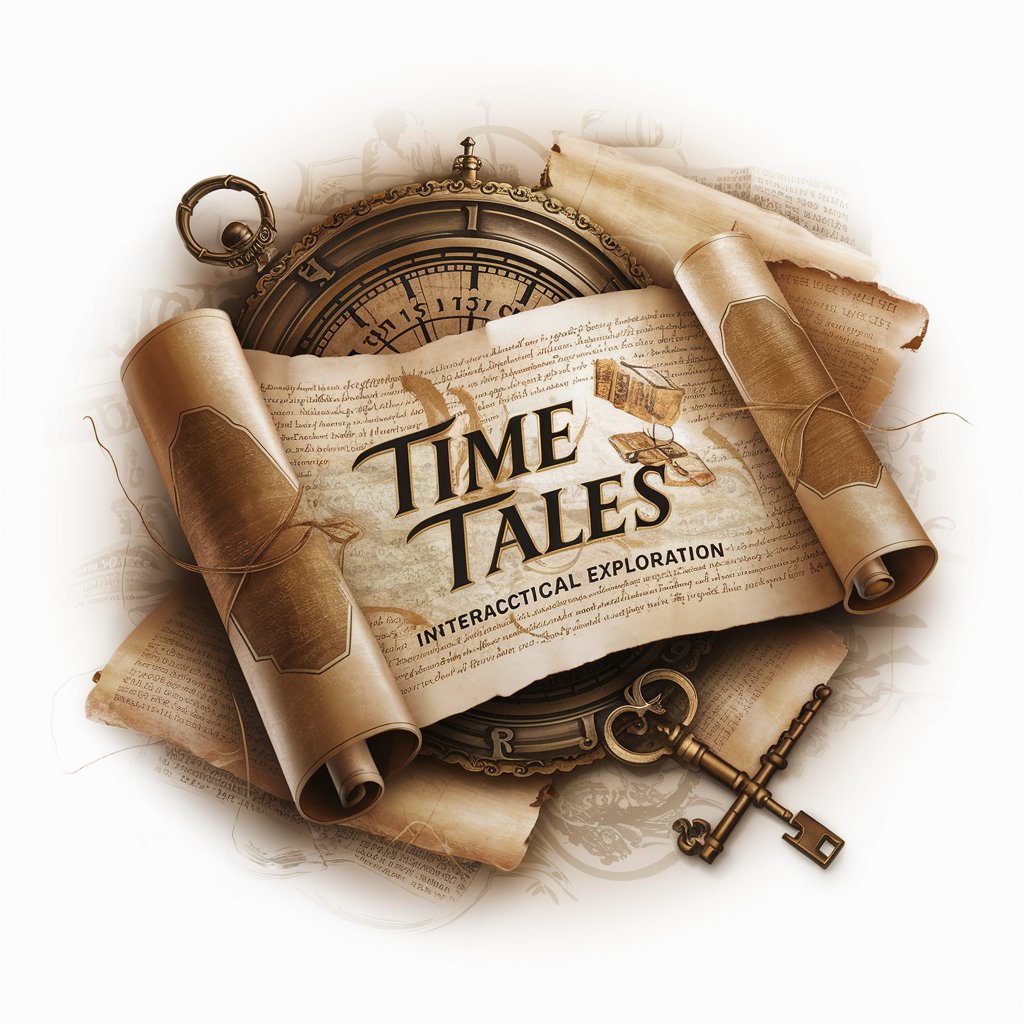
The Eudaimon
Enlightening Conversations, Timeless Wisdom
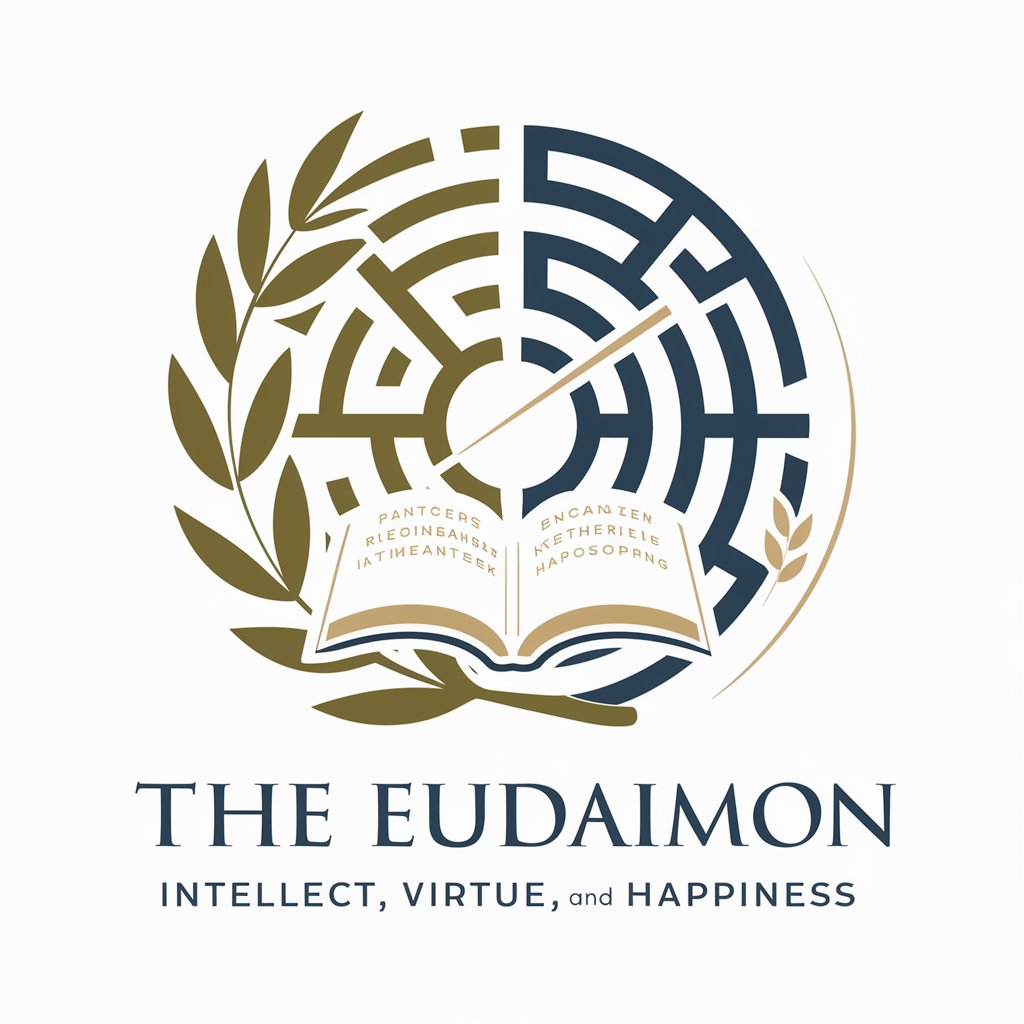
Paraphrasing_Word Weaver
Simplifying academia with AI power
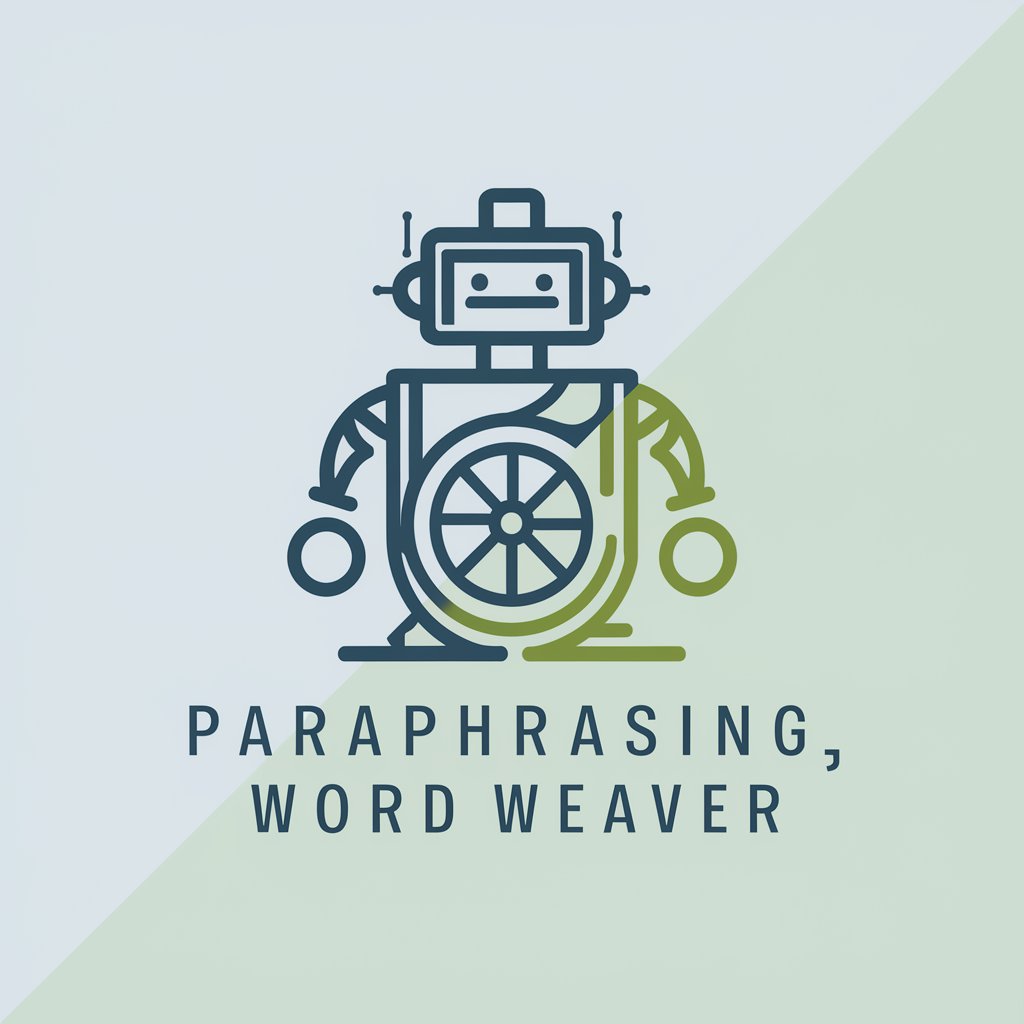
写真評論家:エルネマン
Revolutionizing photo critique with AI

Korean to English
Bridging Languages with AI
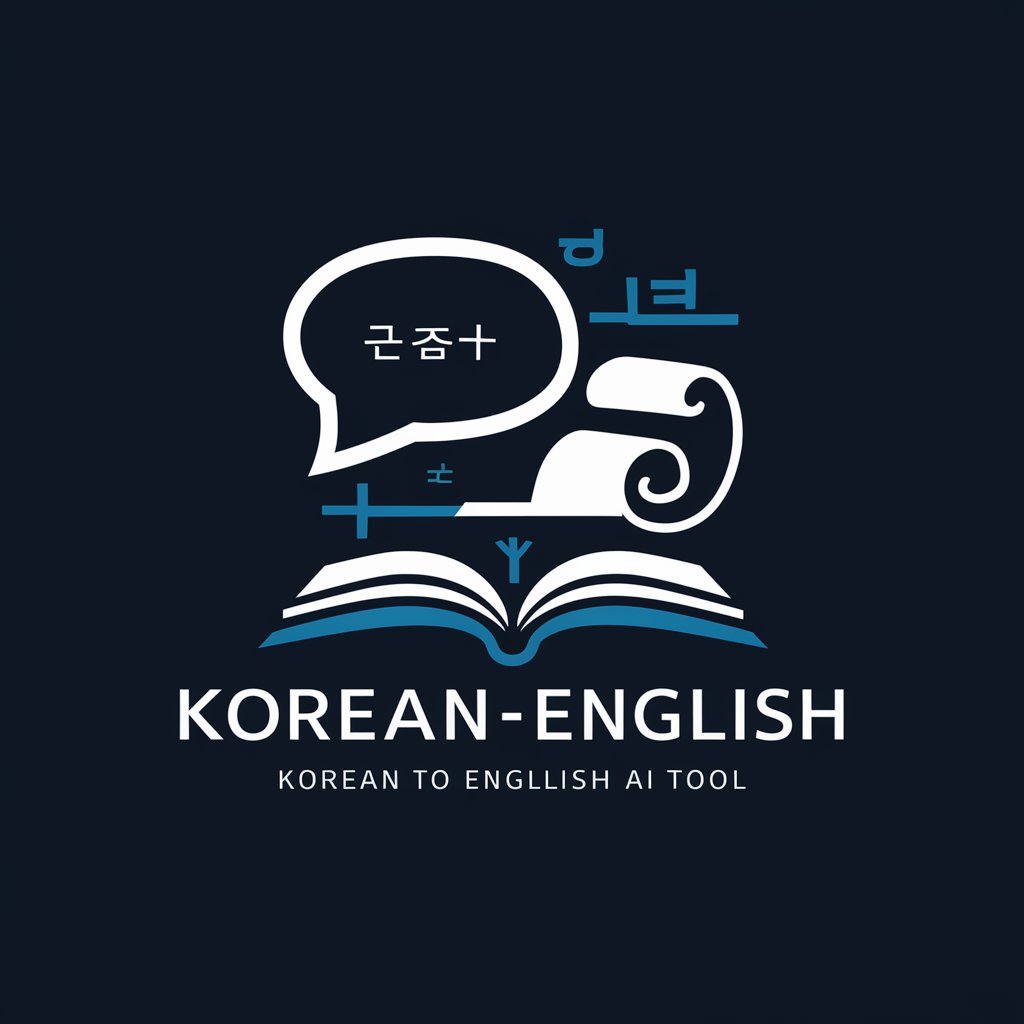
SEO Mastermind
Elevate Your SEO with AI Precision

Insurance Content Writer
Empowering insurance insights through AI

Blogsmith
Crafting Engaging Content with AI

CS Answers BOT
Empowering Success with AI Insights
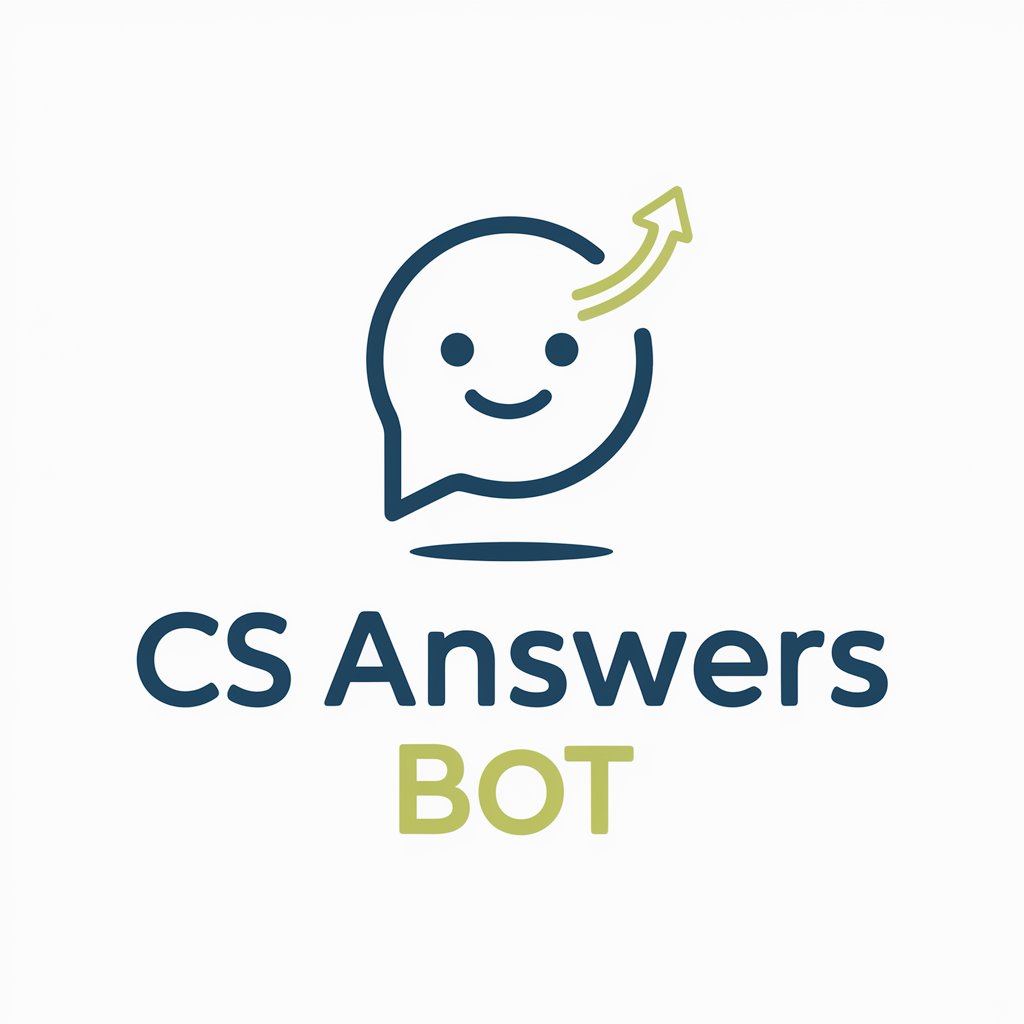
EthicalEngineAI
Navigate ethics with AI-powered insights
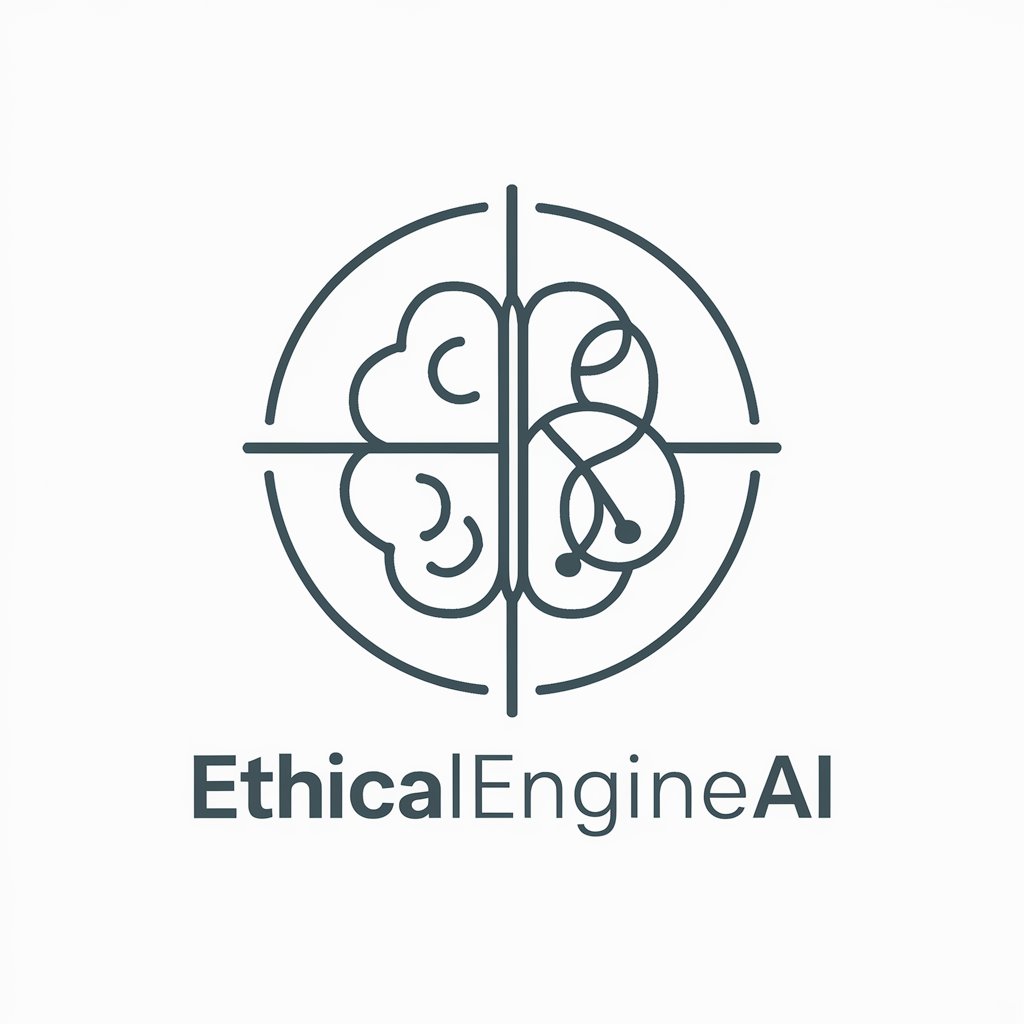
GPT Master
Empowering Creativity with AI
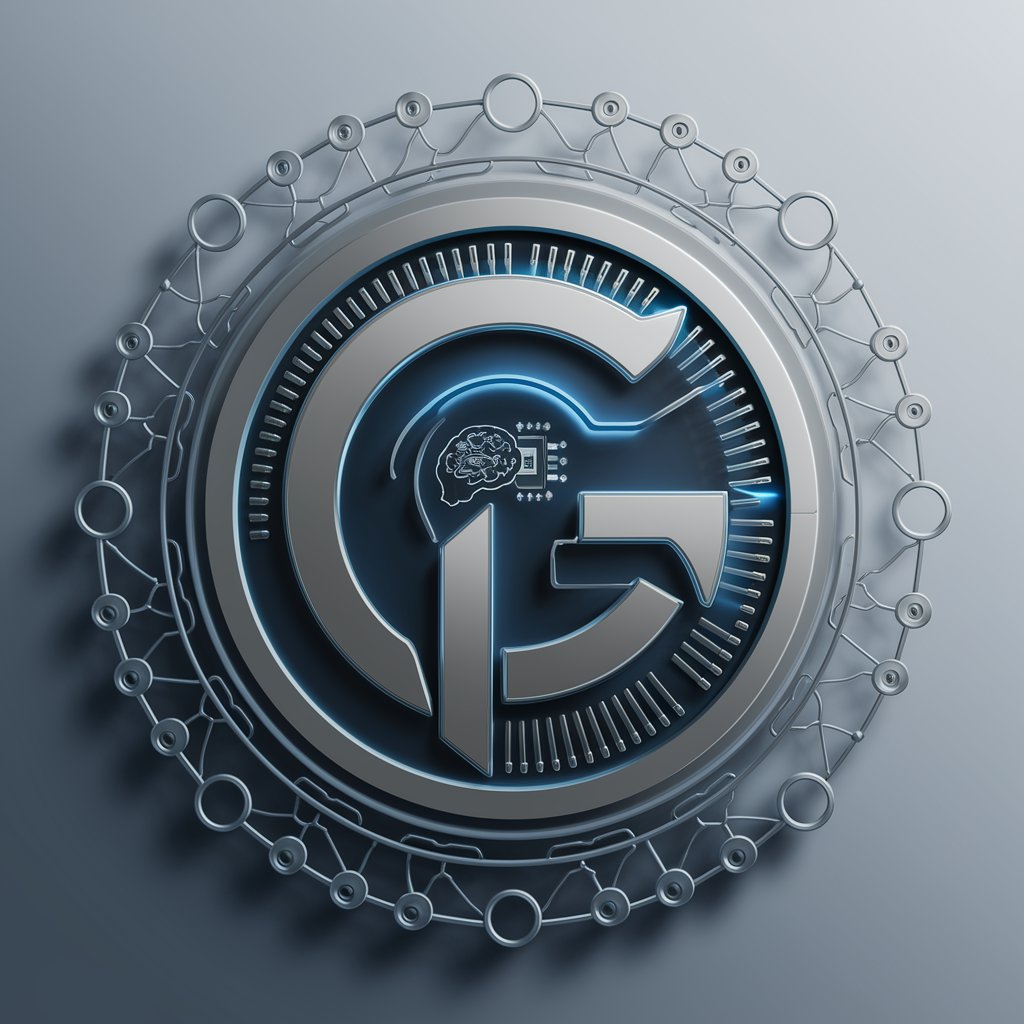
Gift Genius
AI-powered personalized gift suggestions.
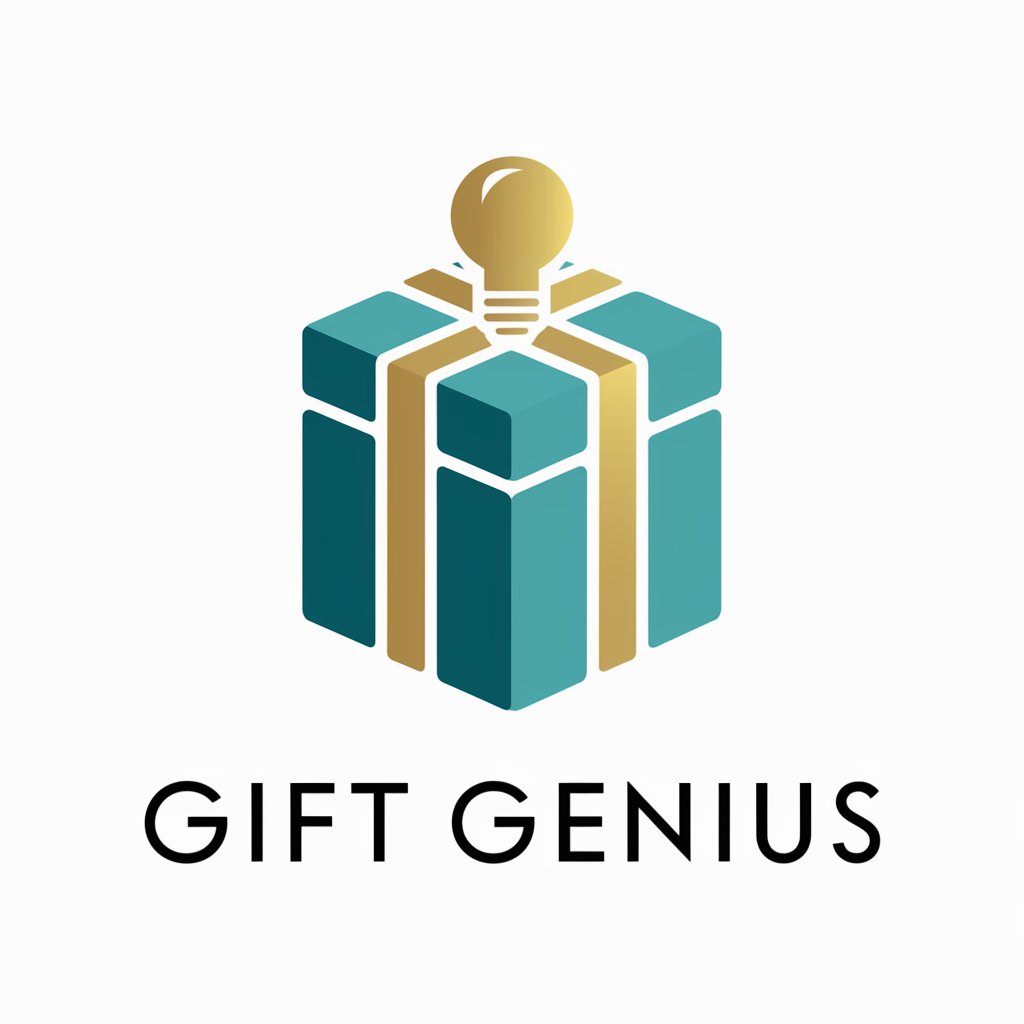
Frequently Asked Questions About ERASMUS
What is ERASMUS?
ERASMUS is a specialized AI tool designed to assist users in navigating European educational and funding programs, offering detailed information and support for participation.
How can ERASMUS assist with program applications?
ERASMUS provides step-by-step guidance, eligibility criteria, funding opportunities, and application tips for programs like Erasmus+, Horizon Europe, and others.
Can ERASMUS offer advice on project proposals?
Yes, ERASMUS can offer advice on structuring project proposals, identifying relevant calls for proposals, and meeting the criteria of various European programs.
Is ERASMUS suitable for academic research funding?
Absolutely, ERASMUS offers detailed insights into research funding opportunities, collaboration networks, and advice on drafting competitive proposals for academic research.
How does ERASMUS stay updated on program details?
ERASMUS is regularly updated with the latest program guides, call fiches, and official EU documentation to provide the most current and comprehensive advice.
